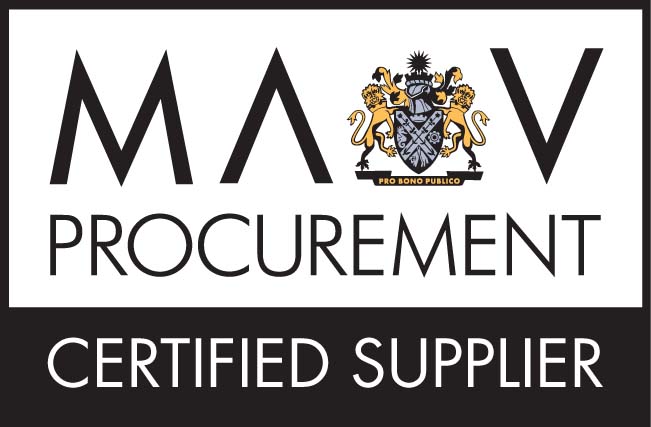Hospital interpreters have increased in numbers over the years due to more and more people ending up in countries who are not completely fluent in the host country’s language. The main aim of a healthcare interpreter is to provide an interpretation service in his or her pair of languages to those who need to access medical services but their competence in English, for example, is not good enough to understand in order to be able to competently provide the medical services that are required.
The medical professionals that a patient may need to communicate with effectively include:
- doctors,
- nurses,
- other hospital staff.
Who provides a healthcare interpreter is decided by the medical facility that needs them. Increasingly local and federal governments are providing funding for a healthcare interpreter to be made available as required. They don’t always have to be physically present in the hospital, as sometimes video conferencing can be set up to provide the interpretation. Phone calls can be used as well.
Proficiency of a Healthcare Interpreter
It’s typically quite normal for a hospital interpreter to be fluent in two languages. In some cases, a healthcare interpreter may have studied healthcare terminology in both languages so they can deliver the best job possible for patients who have limited competency in English. It’s possible to become a certified healthcare interpreter by following a medical interpreter programme. This gives the healthcare interpreter the responsibility of being able to certify their healthcare interpretations. This is sometimes required when the medical document being interpreted and explained to the patient is an informed consent form. This needs to be accurate otherwise it may provide wrong information to the patient that could cause unnecessary stress.
When a healthcare interpreter attends a medical interpreter programme s/he will be taught that it’s important to be aware of the cultural differences that exist between people. They will also be taught how important it is to keep all information about the patients they interpret for confidential. Most hospitals publish their policies on patient confidentiality.
Qualities of a Healthcare Interpreter
A healthcare interpreter needs to be all of the following:
- punctual,
- communicative,
- reliable,
- sensitive to the multicultural environment.
The healthcare interpreter who focuses on maintaining good interpersonal relationships is likely to be successful and will excel as a healthcare interpreter. Apart from these skills he or she needs to have a high level of understanding and be able to understand complex information that is used in the medical setting. This also includes conforming to any written guidelines and hospital policies with regard to the healthcare setting.
Medical Interpreter Programme
Interpreters possess a high level of skills ranging and are often qualified up to degree level. There are some schools that offer medical interpreter certificate programmes. These programmes can be studied either at a college campus or online whatever is preferred.
What is a Certified Healthcare Interpreter Programme?
There are a few states in the U.S. which require a healthcare interpreter to be certified. In order to become certified, there are a number of certification programs available if a healthcare interpreter has completed no less than 40 hours of training to become a healthcare interpreter. To become certified it’s necessary to pass the oral component of the certification process. In the U.S., the National Board for Certification of Medical Interpreters offers a credential called Certified Medical Interpreter. To qualify for this, each healthcare interpreter needs to have successfully undertaken and completed a medical interpreter program, have passed an examination prove proficiency in no less than two languages.
Gain Experience to Enhance your Career as a Healthcare Interpreter
It might be difficult to get your first job as a healthcare interpreter unless you have accumulated some useful experience in the field. If you are determined to make a career of being a healthcare interpreter you can build up your profile by volunteering your services through organizations that regularly communicate with people who have limited proficiency in English. This includes organizations like the Red Cross which depends on volunteers in order to provide its interpreting services. Once you have built up your experience you will be ready to take the examination that qualifies you to be a certified medical interpreter.
Conclusion
Overall, a healthcare interpreter is vital for the normal running of a hospital, but it’s important that a healthcare interpreter program has been completed so that the healthcare interpreter has the knowledge to become fully certified.


















